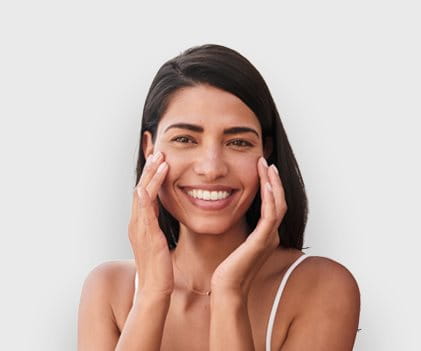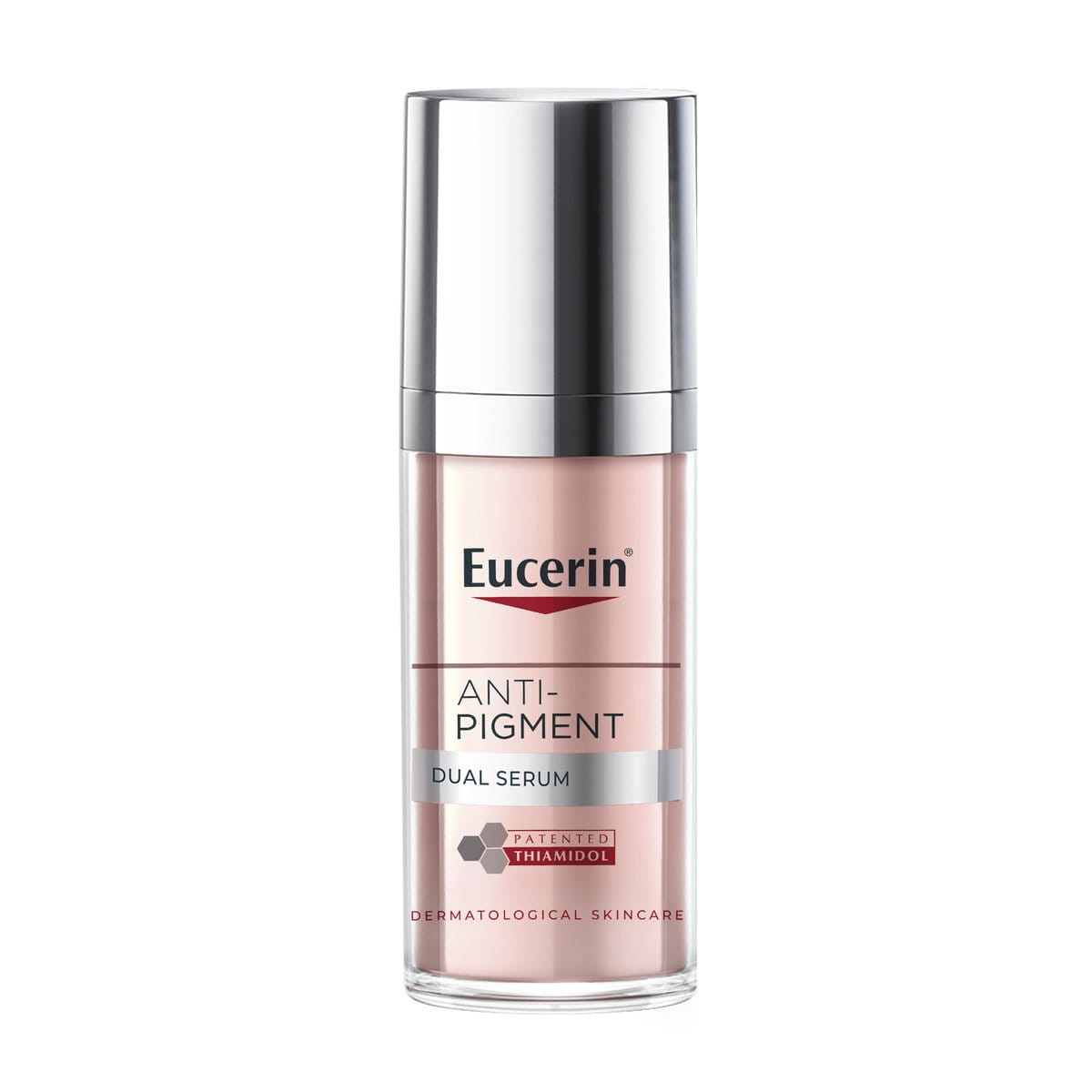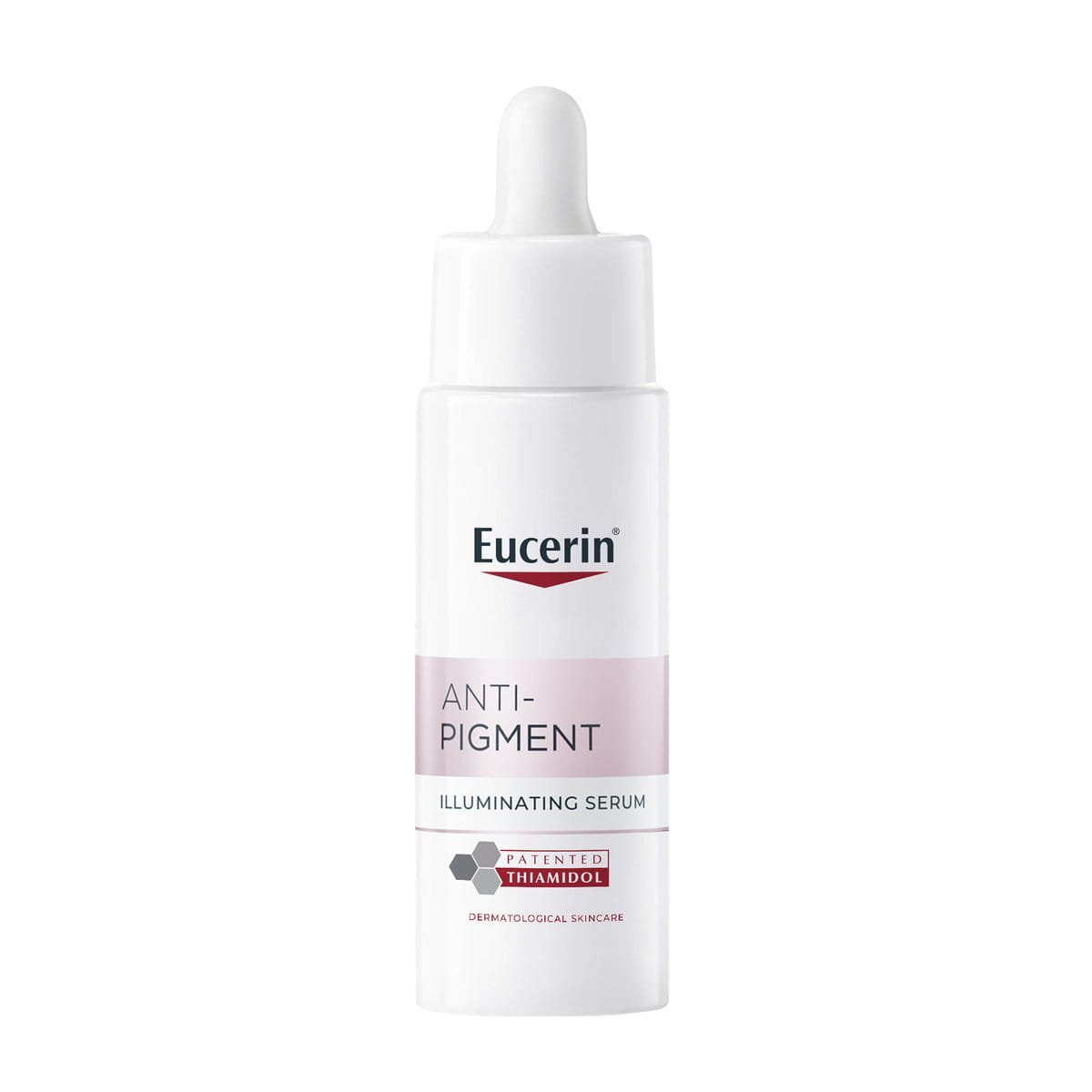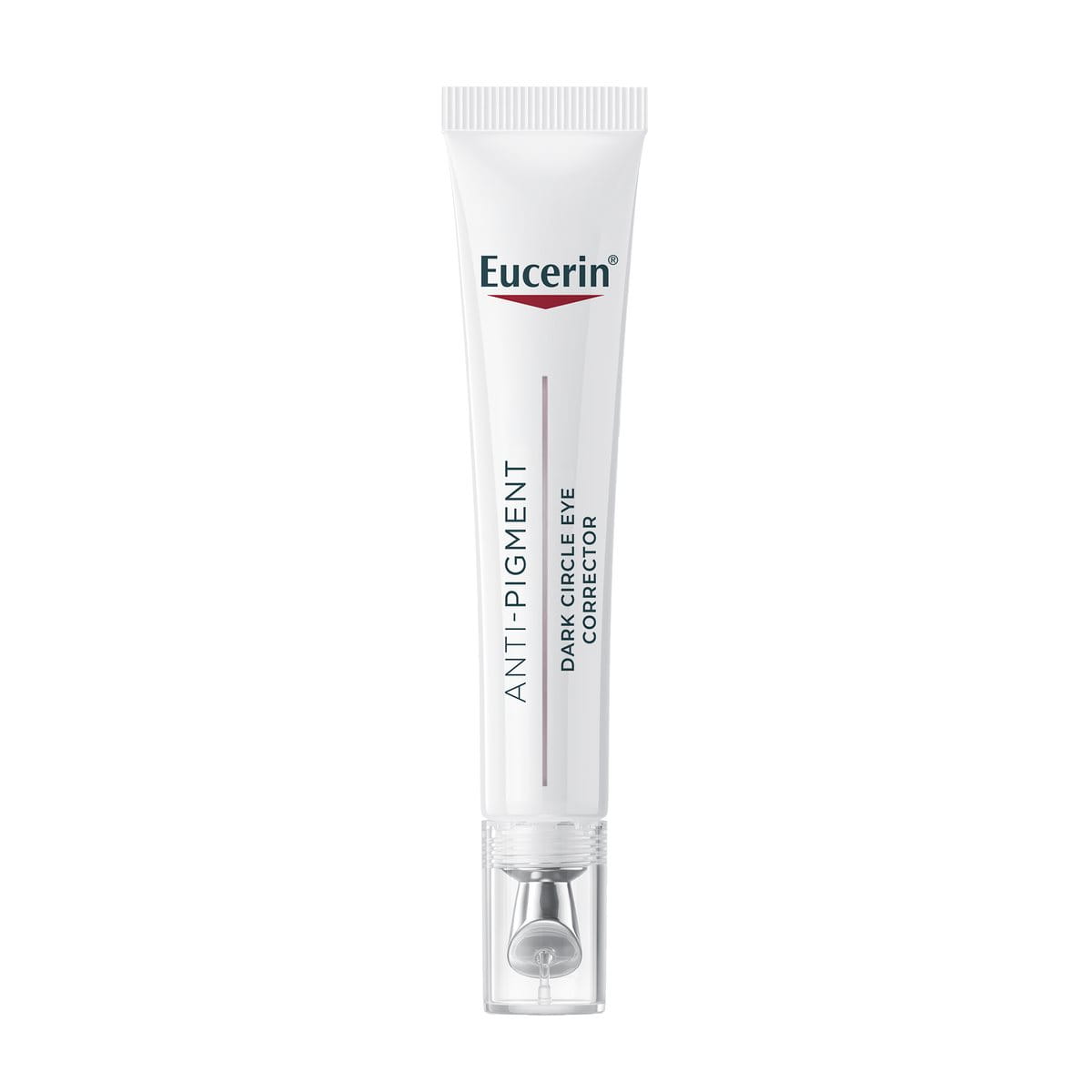Does your skin seem dull and disproportionately pigmented recently? Melanin can be a great confidant, keeping your skin protected from the harsh effects of the sun. However, excess inflammation can leave your skin hyperpigmented with patches and dark spots. While topical solutions and professional treatments are a must to deal with the markers of hyperpigmentation, we often forget the role nutrition plays in building one’s skin health.
This article will highlight the relation between healthy nutrition and melanin production, as well as list certain foods that decrease melanin in the skin to support your efforts in achieving radiant and even-toned skin.
Keynotes:
- Diet, like other lifestyle factors, plays a significant part in melanin production.
- The quantity and quality of the food, along with adequate water intake can potentially help boost one’s skin health.
- Vitamin C and antioxidant-rich foods can help to reduce melanin and promote radiance.
- Along with an effective skincare routine and adequate nutrition, it is also essential to reduce the consumption of inflammatory foods such as high GI foods, refined sugar and processed food.




